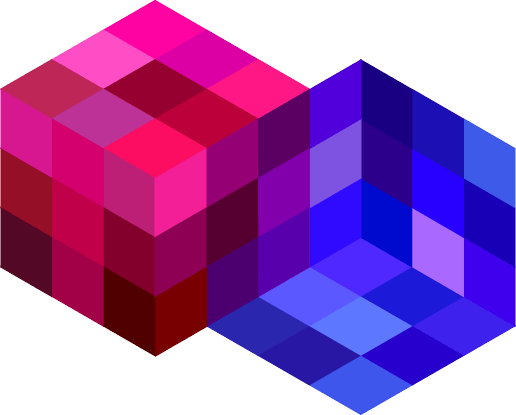News & Events
August 2023
Christine Massey has been appointed Chair of the PreK-12 STEM Education Innovations Committee of the National Academies of Sciences, Engineering, and Medicine. The committee will conduct a consensus study to review the research literature and identify research gaps regarding the interconnected factors that foster and hinder successful implementation of promising, evidence-based PreK-12 science, technology, engineering, and mathematics (STEM) education innovations at the local, regional, and national level. The committee will make recommendations to the National Science Foundation, the Department of Education, the National Science and Technology Council’s Committee on Science, Technology, Engineering, and Mathematics Education, state and local educational agencies, and other relevant stakeholders.
July 2023
Phil Kellman has been selected to deliver the 31st Kanizsa Lecture at the University of Trieste in Italy on October 27, 2023. This year’s lecture will be part of the university’s Centennial celebration. The lecture is named for Professor Gaetano Kanizsa, a legendary researcher in perceptual organization who was a professor at the university from 1953 to 1983 and the founder of the Institute of Psychology. For more information, see: https://www.risc.cnrs.fr/echos/634050
May 2022
Hongjing Lu and Phil Kellman gave a talk “Two approaches to visual relations: Deep learning versus structural models” in a symposium on Perception of Relations at VSS 2022.
May 2021
Phil Kellman served as a Discussant in the inaugural PhiVis -- Philosophy of Vision Science -- Satellite Meeting at VSS 2021. The event was organized by Kevin Lande and Chaz Firestone and included philosophers Ned Block, Jesse Munton, and E.J. Green, with commentary by vision scientists Anya Hurlbert, Phil Kellman, and Ladan Shams. Karen Schloss and Jorge Morales officiated as Chairs for the event.
July 2020
Lab Presentation / Publication Note: Members of the Human Perception Lab presented papers and posters at the Annual Meeting of the Cognitive Science Society.
Everett Mettler presented a paper entitled Comparing adaptive and random spacing schedules during learning to mastery criteria. This work was supported by NSF awards NSF 1109228, "Adaptive Sequencing and Perceptual Learning Technologies in Mathematics and Science", and NSF ECR1644916, “Advancing Theory and Application in Perceptual and Adaptive Learning to Improve Community College Mathematics”. The published proceedings citation is:
-
Mettler, E., Massey, C., Burke, T., & Kellman, P. J. (2020). Comparing adaptive and random spacing schedules during learning to mastery criteria. Proceedings of the 42nd Annual Conference of the Cognitive Science Society (pp. 773-779). Toronto, ON: Cognitive Science Society.
Read the proceedings paper
Everett Mettler presented a poster entitled Adaptive vs. fixed spacing of learning items: Evidence from studies of learning and transfer in chemistry education. This work was supported by NSF awards NSF 1109228, "Adaptive Sequencing and Perceptual Learning Technologies in Mathematics and Science", and NSF ECR1644916, “Advancing Theory and Application in Perceptual and Adaptive Learning to Improve Community College Mathematics”; as well as NIH award 1RC1HD063338-01, "Using Perceptual and Adaptive Learning to Advance Chemistry Education". The published proceedings citation is:
-
Mettler, E., El-Ashmawy, A. K., Massey, C. M., & Kellman, P. J. (2020). Adaptive vs. fixed spacing of learning items: Evidence from studies of learning and transfer in chemistry education. Proceedings of the 42nd Annual Conference of the Cognitive Science Society (pp. 1598-1604). Toronto, ON: Cognitive Science Society.
Read the proceedings paper
Support
Our visual perception research has been supported by the National Eye Institute (NEI), the National Science Foundation (NSF), and the National Institute of Justice (NIJ).
Our research in perceptual learning, adaptive learning, and their applications to learning technology has been supported in recent years by the National Science Foundation (NSF), the Institute of Education Sciences (IES) at the US Department of Education, the National Institutes of Health (NIH), the US Office of Naval Research (ONR) and the National Aeronautical and Space Administration (NASA).
